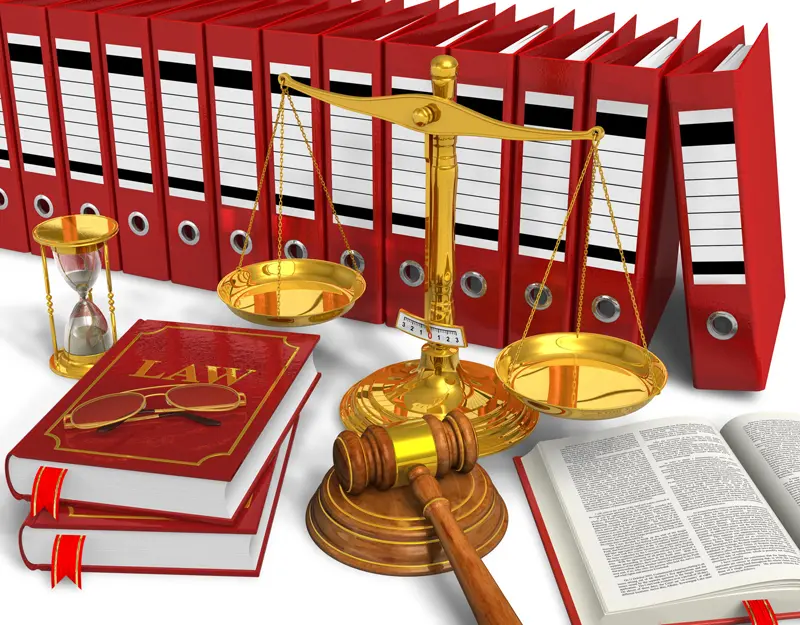Medical review solutions that are a vital part of litigation support services are of great value to mass tort law firms that handle a large number of plaintiffs and cases. Litigation support services in general, which may range from legal research to property evaluation to medical record review to determine the extent of injury and damages and so on, allow attorneys to focus on litigating while the tasks outsourced are managed by a provider focused on those areas as their core business. Large law firms with sufficient revenue and resources may utilize in-house personnel for litigation support whereas small and mid-sized firms would find outsourcing to a specialty litigation support firm more efficient, stress-free, and cost-effective.
However, there are always concerns surrounding the partnership with an outside entity, especially when the information transferred is highly sensitive. So, here’s a look at some common concerns attorneys and law firms may have and how those may be addressed.
- Concern regarding work quality: Many law firms may have experienced poor or substandard quality output from their partnering litigation support team. The best way to avoid such issues is to consider the following when choosing a service provider.
- The partnering firm must be experienced enough to clearly understand your specific requirements. Moreover, they should spend some time on understanding the project so that they can give a customized solution in keeping with your expectations.
- They should have sufficient resources as regards personnel and technology to deliver the expected results.
- You can request a statement of work from the provider that clearly shows the solutions or services to be provided. It should also include the expected results, costs involved, and a clear project timeline. All this should be agreed to before commencing the project. The provider must meet the commitments made in the statement of work.
- Delay in completing the work: When the vendor delays the work entrusted, it could be a grave issue for the attorney. This is especially so, when there is a statute of limitations involved in filing the case. The attorney or law firm on their part must ensure that their expectations regarding the project deadline and completion of work are clearly communicated to the vendor right at the beginning of the project. Similarly, the vendor should be dedicated to meeting the timeline and include the same in the statement of work. On the attorney’s part, it becomes very important to choose a provider that has earned the reputation for meeting commitments and gained the confidence of their clients.
- Lack of effective communication: This is another significant issue many law firms and attorneys may have faced. The litigation support service may not provide timely updates on the project status, which can leave the law firm at a loss. Here’s what can be done to prevent such concerns.
- Make sure that the statement of work includes a reporting schedule. Go for a service provider that offers an online portal wherein you can obtain real-time visibility regarding the progress of the work and an up-to-date status on all claims.
- Keep the support service informed about the litigation status and changes, if any, in a timely manner. This will help ensure that communication requirements are aptly adjusted.
- Ensure that the service provider assigns a project leader to each task who will act as the primary contact with the law firm. Similarly, law firms can assign a person dedicated to carrying out communication on a specific project with the vendor.
- Paying too much for a service: A complaint law firms and attorneys have is that they overpaid for the services received. What you can do is consider what is most vital and make sure that you receive what you pay for via a robust statement of work. It is best not to choose a service provider merely on the basis of pricing or cost. The focus should be on the quality of work delivered and the vendor’s reputation in this regard.
- Vendors are not sensitive to client situations: The plaintiffs injured in a mass tort case are usually highly sensitive and must be carefully dealt with. Therefore, a litigation support team dealing with clients must be experienced enough and know how to communicate effectively with them, and ask them the right questions without hurting their feelings or appearing insensitive. Sometimes, the litigation support team you partner with may be your clients’ only point of contact with the legal system and therefore the treatment they receive from the team is of great significance. It is based on this experience that your clients will judge your service and the outcome of the case.
Litigation support service providers, including medical review companies, provide comprehensive solutions for various aspects of mass tort cases. Law firms and attorneys can outsource tasks such as legal drafting, document review, legal coding and indexing, e-discovery, deposition summaries, legal rebuttals, and medical record analysis, and concentrate on their cases with the peace of mind that all processes are efficiently managed by an experienced and skilled team with complete security, compliance and confidentiality.




